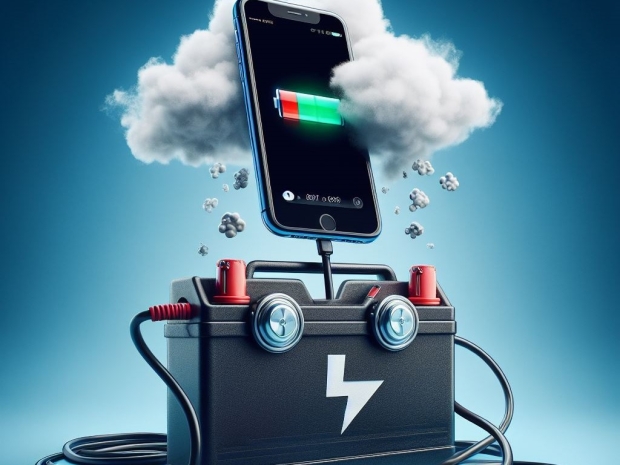Word on the street is that Qualcomm’s next flagship chip, the Snapdragon 8 Gen 4, could be quite power-hungry — so much so that we could see phones with batteries as large as 6,000mAh.
Leaker Digital Chat Station on Weibo claims that companies are developing “customised high-density battery core materials for the Snapdragon 8G4 flagship series.” The leaker writes that they’ve seen three devices with 5,500mAh batteries, and companies could push for 6,000mAh. In perspective, Samsung’s Galaxy S24 Ultra features a 5,000mAh battery.
While some have thought why this might be the case, it could be down to Qualcomm pushing the 8 Gen 4’s power consumption to hit higher single- and multi-core performance. Another speculation is that the 8 Gen 4 is rumoured only to include performance cores and not feature efficiency cores. Not including efficiency cores would increase the chip’s power draw.
Qualcomm won’t unveil the Snapdragon 8 Gen 4 until the Autumn, and we likely won’t see devices sporting the chip until 2025. In other words, it’ll be a while before we get any confirmation of the 8 Gen 4’s supposed power hunger.
Some of the problems might be resolved by TSMC’s 3nm process, which should make the chip more efficient. However, those efficiency gains might not mean much.
The issue here is that Qualcomm pretty much knows what it is doing regarding mobile chips and it looks like AI will be bad for them; however, the newer players in the market who are desperate to get AI onto its gadgets might not be so lucky. Apple historically has a problem with battery life and we would not be surprised for its range of AI phones, when they finally arrive to either last five minutes, or require a fanboy to carry a large battery in a back pack.

